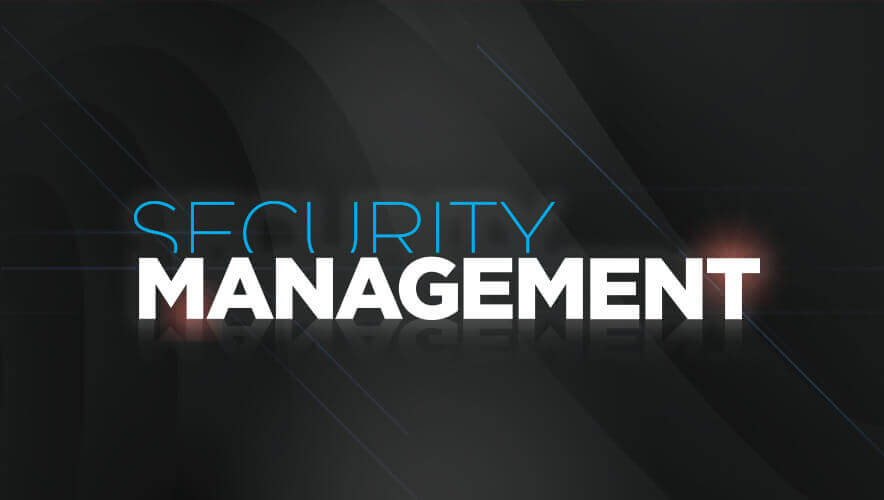What do changes in how security information is used portend for the future of security managers?
In the classic Rorschach test, a person is shown an inkblot and asked to interpret it. Some see battling bears where others see dancing flamencos. As corporate managers, suppliers, consultants, and other industry players peer into security's future, the picture is equally open to interpretation.
Everyone agrees that the lines of organizational responsibilities are being redrawn and that the security manager's role is being reshaped. But what new image is emerging, and what does it portend for the practitioners of today and tomorrow?
To answer that question, first consider what is driving the change. It is, of course, technology. But more than that it is how the use of technology is changing the way companies manage information.
As integrated and networked systems make it easier for information to be distributed throughout the organization, bits of information that might once have been "owned" by security are now the province of everyone from the human resource manager to the CEO. For example, videotape pictures that might only have been viewed by security for loss prevention are now being used by companies for many purposes, such as to check traffic patterns, analyze customer services, and monitor the effectiveness of promotional sales programs.
Given the expanded involvement of other departments, security has to achieve buy-in at more levels of management than in the past before a security system is approved, says Chris Woodcock of Simplex. He notes that because the building managers, along with HR and IT personnel, have different goals for the security system, they all want to be consulted before the system is designed. The effect is that "security has less and less influence," he notes.
Not a pretty picture.
But tilt it another way, and you might see something entirely different. Another way of viewing the change is that as security information becomes more useful, "this is elevating security management to a strategic role in the organization," says Allan Griebenow, president and CEO of AXCESS Inc.
There isn't any natural hierarchy of how powerful security managers will become,says Griebenow.It will depend on their talent and how they approach the job.
As with the inkblots, then, perhaps the only real answer is that the picture is what you make of it. Security Management would be interested in hearing from readers regarding how security information is being used across departmental boundaries at their own organizations and how that is affecting security's role within the corporate hierarchy. Has it helped to elevate or sideline the security department?
Tell us what you see when you look at the security picture at your company. We'll share your experiences with readers in a future issue of the magazine.
